Description
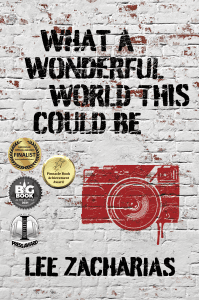 What a Wonderful World This Could Be
What a Wonderful World This Could Be
by Lee Zacharias
978-1-948692-50-2 paper 19.95
978-1-948692-51-9 ebook 9.99
6×9, 312 pp.
Fiction, June 2021
Available in e-book, and paperback from all online retailers.
What Alex, illegitimate daughter of an alcoholic novelist and an artist, has always wanted is family. At 15, she falls in love with a 27-year-old photographer, whom she will leave when she comes under the spell of Ted Neal, a charismatic activist on his way to Mississippi for 1964’s Freedom Summer. That fall Ted organizes a collective that turns to the growing antiwar movement. Ultimately the radical group Weatherman destroys the “family” Alex and Ted have created, and in 1971 Ted disappears while under FBI investigation. When Ted surfaces eleven years later, Alex must put her life back together in order to discover what true family means.

Lee Zacharias is the author of three previous novels, Lessons, At Random, and Across the Great Lake, a 2019 Notable Michigan Book, as well as a collection of stories, Helping Muriel Make It Through the Night, and a collection of essays, The Only Sounds We Make. She has received two silver medals from the Independent Book Publisher Awards, won North Carolina’s Sir Walter Raleigh Award, and held fellowships from the National Endowment for the Arts and the North Carolina Arts Council. Her work has been reprinted and frequently cited in the annual volumes of The Best American Essays. You can read more about her at www.leezacharias.com.
What a Wonderful World This Could Be is the Lee’s first work to be published by Madville Publishing. However, she was a judge for Madville’s Runaway: An Anthology.
Links to What a Wonderful World This Could Be interviews and features
- Mountain Climbing and Alligator Wrestling, Charlotte Readers Podcast, July 29, 2022
- LitPub Interview: Don’t Censor Yourself. Write What You Want to Write: An Interview with Lee Zacharias by Kat Meads
- Playlist at Large-hearted Boy
- If My Book Were
- An Interview with Lee via The Compulsive Reader
- North Carolina Writers Network Book Buzz
- News and Record Review: “Greensboro author introduces readers to character who finds change more difficult than imagined”
- New Books Network
- Without a Trace: An Interview with Lee Zacharias for Fiction Writers Review
- “What a Wonderful World This Could Be”: A Tale of Love, Activism and Family in the Turbulent ’60s by GERI LIPSCHULTZ, in Ms. Magazine.
- Review in the North Carolina Literary Review Winter 2023 issue.
Praise for Lee Zacharias:
Lee Zacharias is one of those profoundly rare writers, a natural. Her voice is one you can trust, and her characters are real, moving, and come from the experience of someone who knows what trouble human beings get themselves into. —Craig Nova, author of The Good Son
What a Wonderful World This Could Be
Lee Zacharias brings the 1960’s and 80’s to life with a poet’s precision and a novelist’s sense of drama in this luminous, riveting story. Spare, unflinching, and deeply compassionate, What a Wonderful World This Could Be is both a historical novel about political, artistic, and sexual awakening (and re-awakening), and a powerful mirror for our own time. I was gripped from the first page to the last. Alex’s journey from brilliant, neglected teen to mature artist broke my heart and renewed my faith in humanity in equal measure. This novel is a gift. —Abigail DeWitt, author of News of Our Loved Ones
What a Wonderful World It Would Be, Lee Zacharias’s incantatory novel, is a complex, generous, unflinching portrait of Alex—a romantically conflicted, artistically gifted young woman who comes of age during the tumultuous sixties. Reading it is like hearing Dylan or Joni Mitchell or Leonard Cohen, but for the first time. There isn’t a smidgeon of nostalgia or sentimentality here. In fact, the world it invites us into couldn’t feel more timely or more true. It’s about loss and love and about how we can’t know one without the other. —Tommy Hays, author of The Pleasure Was Mine
“At the center of every art is a question of allegiance,” Lee Zacharias writes in What a Wonderful World This Could Be, a riveting novel that foregrounds the personal fallout of the political maelstrom that was the American Radical Left in the 1960s and ’70s. Zacharias’s allegiance is to a narrative that refuses compromise in its revelations of the highs and lows of fighting for a just cause in an unjust world, and the price photographer Alex pays for seeing clearly what others around her will not: in life, as in politics, actions have consequences, many of them irreparable. —Kat Meads, author of For You, Madam Lenin
One of our finest novelists and a first-rate photographer, Lee Zacharias weds visceral language with lush visual imagery as she modulates main character Alex’s voice to match shifts in time that dramatically render her unforgettable experiences as a 15-year-old who falls in love with a 27-year-old photographer, as the wife of a 60’s New Left activist, and as a photography professor who, in 1981, reconnects with her first love. What a Wonderful World this Could Be is about art, it is about political change, but most of all it is about enduring love. —Allen Wier, author of Tehano and Late Night, Early Morning
“…deeply realistic and affecting….The story illuminates in intimate detail the chaotic process by which idealism can bear unexpected and destructive consequences….Zacharias writes in a breathtakingly sumptuous style with microscopic perspective: every detail is a metaphor; every byte of dialog advances the narrative….Highly recommended.”—Jackie Drohan for Historical Novels Review
Across the Great Lake
Fern is precocious, yet she’s in no way precious, cloying, or cute. She’s quite simply herself and that alone makes this a beautiful novel. Still, that isn’t half of what this gem offers. It’s packed with the fascinating history of northern Michigan, ferries, shipwrecks, icebreakers, and all things nautical. It also offers the best of literary novels, with foreshadowing and pacing that roar toward the anticipated, yet haunting conclusion. —Hungry for Good Books?
In Across the Great Lake, the exquisite new novel by Lee Zacharias, Fern, now 85, recalls the journey that marked her life. What happened on the Manitou in the cold February of 1936 haunts her, and those who read her story will also not soon forget it… This is a wise book, written with uncommon care. Not unlike the great lake of its title, this story has much to discover beneath its surface. —Linda C. Brinson, Greensboro News and Record and Winston-Salem Journal
Zacharias pulls off a neat trick, writing the perspective both of a 5-year-old and of a woman in her 80s, remembering the most vivid days of her life… Some of the passages approach poetry. Few writers have given such a palpable sense of how sharp and how painful childhood memories can be. Zacharias takes us back, in more ways than one. —Ben Steelman, Wilmington Star News
“Haunting” is a word that comes to mind as I reflect on Lee Zacharias’ new novel. Set largely in the mid 1930s on Lake Michigan and the harbor town of Frankfort, Across the Great Lake is the narrator’s vivid, jagged, time-bending recollection of her childhood and the trajectory set by one of the central events of her life… Zacharias carefully guides both Fern and me through this meandering, perilous journey without losing either one of us. —Fran Wescott, Resource Center for Women & Ministry in the South, Inc.
I have heard Lee Zacharias read many times from her forthcoming novel, Across the Great Lake. Each time, I felt a sense of anticipation. I was, however, in no way prepared for the power of the finished product. This book is a bookseller’s dream: one that will appeal to every person who asks for a recommendation. It is literary and historical, and the main character will win your heart from the first page. Even the curmudgeonly characters have something to love about them… Fern has a way of telling the story that is both naïve and wise at the same time; and her companion on the ship, Alv, is one of the most endearing souls I’ve encountered in a book. The lake scenes are action-packed and full of details about life on board these vessels. The book has one of the most beautiful endings I’ve ever read, heartbreaking, but perfect for this flawless novel. —Mamie Potter, staff pick, Quail Ridge Books, Raleigh, NC
The Only Sounds We Make
A lovely, quiet, and meditative offering. —Library Journal
Readers will be drawn into Zacharias’s world, which she studies with candor and elegance. —Publishers Weekly
The twelve essays in Lee Zacharias’s The Only Sounds We Make are on a dizzying array of subjects: her mother’s onerous childhood after her grandmother’s death, her experiences of counterculture in the 70s, her father’s suicide. All of them are deeply intellectual and deeply personal. The balance she negotiates between them, how her writing does not ever become overly cerebral or overly sentimental is the strength of this collection. It’s perfect. —Hannah Rodabaugh, Pank
Zacharias…brings a pair of vital skills to the enterprise of essay writing: she notices, and she remembers. She has published a splendid book of essays and she has more books in her. And that’s very good news for us all. —Bill Morris, The Millions
At Random
Though the central dramatic incident that drives this novel is about as tragic as you can imagine, At Random is filled with moments of tenderness and grace. It’s also a page turner in the very best sense: we want to know not only what happened, but how it will affect these characters, who are as complicated and flawed as the world they inhabit. At Random is so satisfying because it refuses to sugarcoat the various ways in which our existence is precarious, our time limited, and our need to compromise—in life and in love—vital to our survival. —Michael Parker, author of The Watery Part of the World
At Random is a heart-stopping portrait of a marriage under fire and a beautiful examination of how love survives through even the most troubled times. Lee Zacharias writes about the ties that bind us—and the forces that threaten to tear us asunder—with dignity and tenderness. She has given us an unforgettable reminder of how an ordinary life can be changed in an instant, and how complicated it can be to keep hold of the hands of those we love when tragedy strikes. —Carrie Brown, author of The Rope Walk
Lessons
Lessons is a moving story of the lessons of living in the coming of age of Janie Hurdle, a tenacious musician and original woman who carries this fine book with her energy and courage. Lee Zacharias is a wonderful writer. —Susan Richards Shreve, author of A Woman Like That, Children of Power, and Miracle Play
Zacharias’s novel has all the earmarks of superb storytelling… She juggles hurt and happiness better than most respected journeymen and transforms her story into a spectacle of feelings. The effect creeps slowly upon the scene and easily puts the reader at the mercy of exceptional quality. —Bob Spitz, Penthouse Magazine
Helping Muriel Make It Through the Night
Lee Zacharias is a sassy, tough, natural writer. Her stories are bold announcements of her presence as a woman, a visionary, and a force in American literature. —William Harrison, author of Lessons in Paradise
Lee Zacharias has a keen eye, an excellent ear, and when she wants to, a very sharp tongue… Helping Muriel Make It Through the Night introduces a talented and dedicated writer who has, clearly, already arrived and can stand on her own with the best in the business. What Alex, illegitimate daughter of an alcoholic novelist and an artist, has always wanted is family.

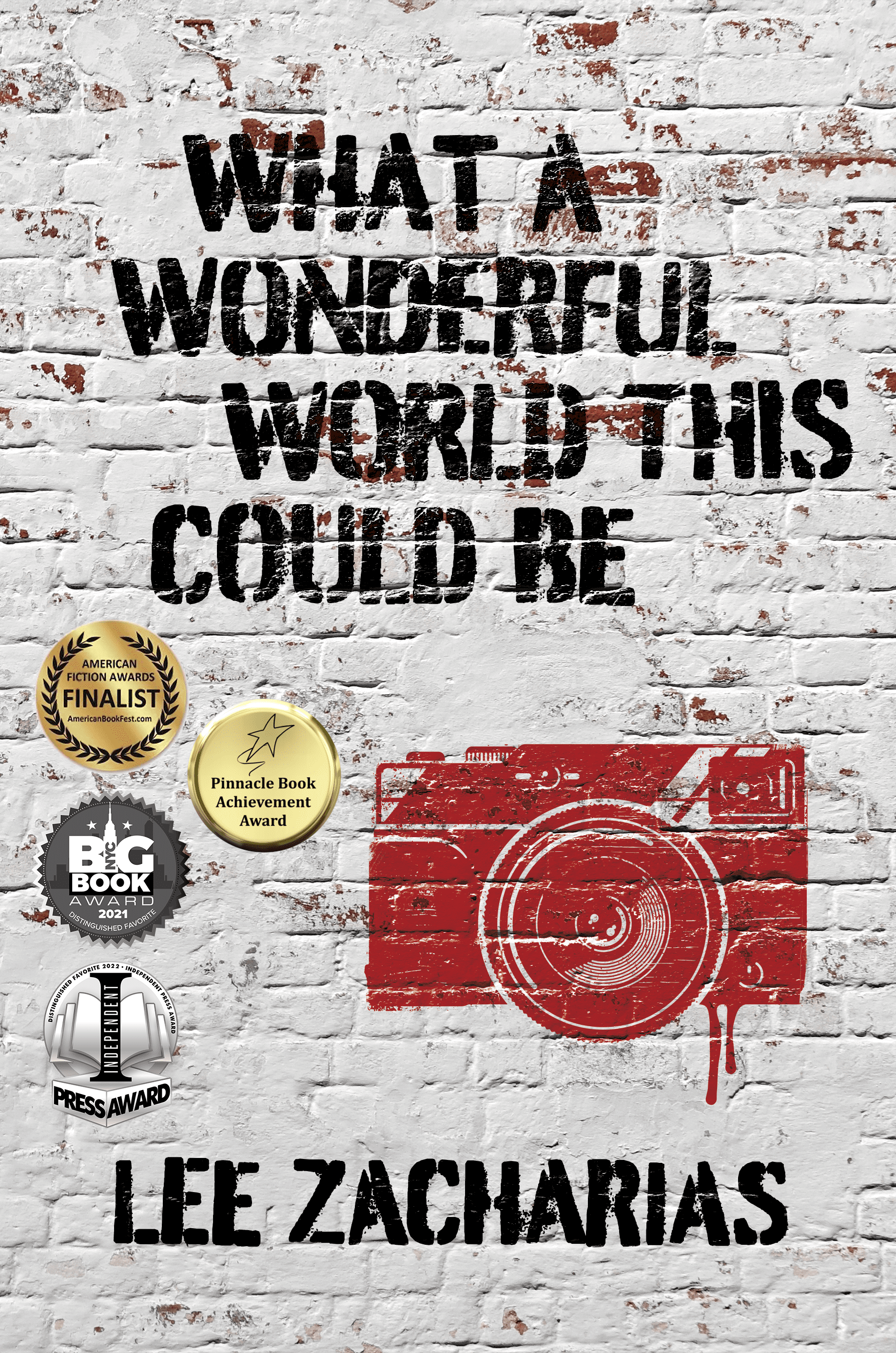

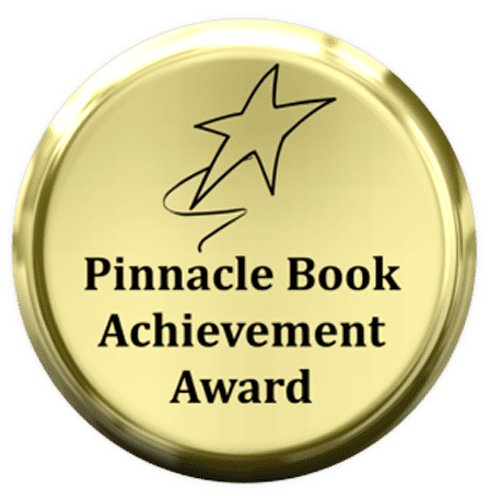


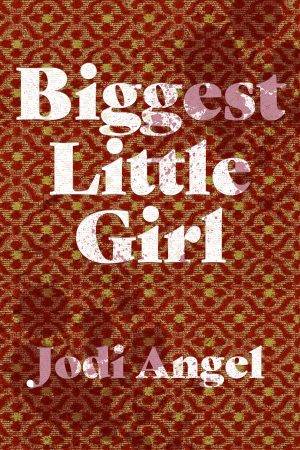
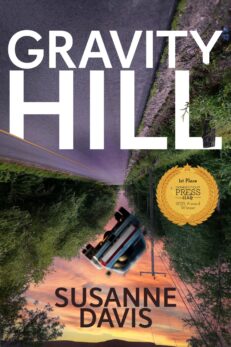

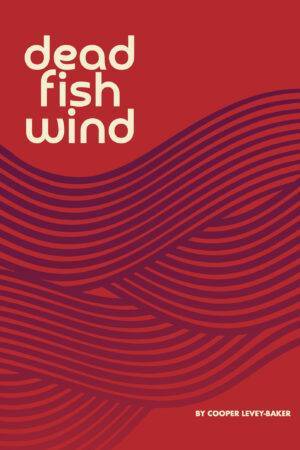

Kimberly Davis –
It is so refreshing to read the work of someone who really knows how to write. Lee Zacharias weaves a story rich in sensory detail and full of emotion. She captures with absolute clarity the conflicted emotions of a woman who is examining her entire life as she tries to come to grips with the shooting of her husband who has been missing for over ten years. She recalls her awkward coming of age with absent parents, always returning to her one true and trusted friend.